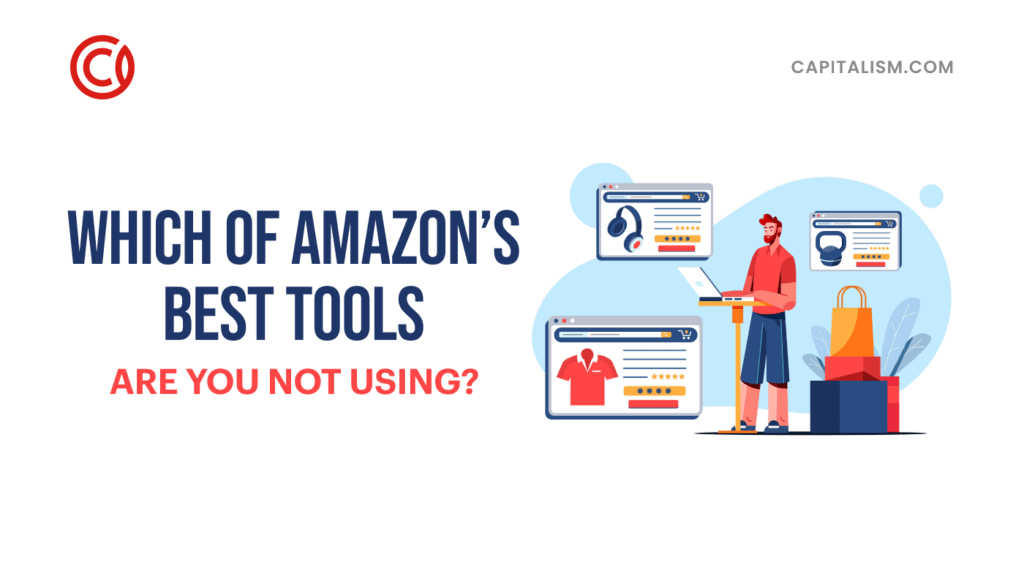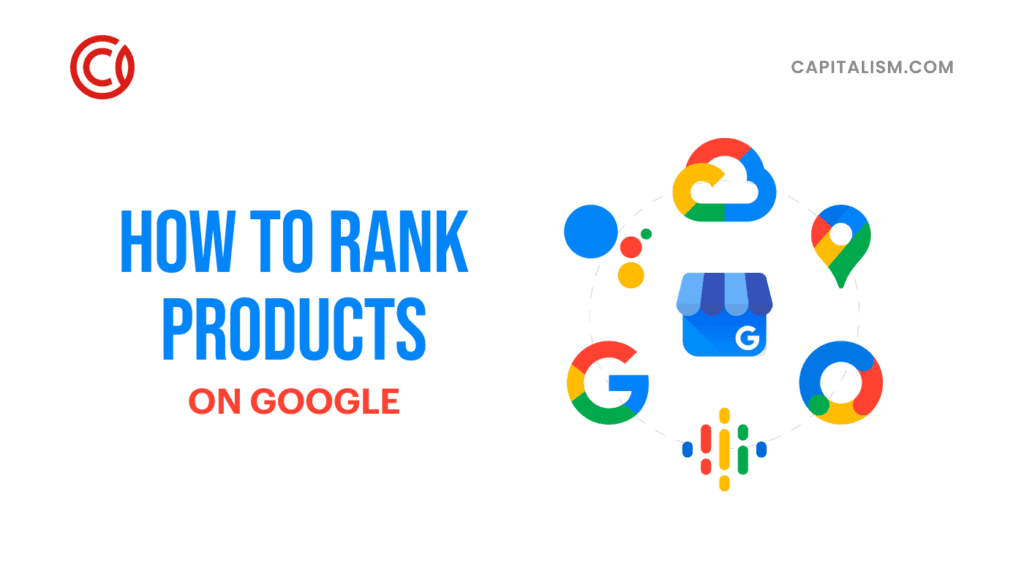Do you dream of starting your own business but lack funds? This guide details seven ways to fund your startup even without sufficient money. Starting a business with no capital can be challenging. However, with the right strategies, you can achieve your entrepreneurial dreams.
Whether it’s borrowing from friends or family, small business loans, or engaging in crowdfunding, there are various avenues to finance your startup without substantial initial capital.
Follow this guide to discover how to get the funding you need for your startup without problems.
Plus, find out how we can help you build a million dollar brand of your own in 12 months… for FREE.
What is a startup business loan?
Startup business loans are forms of loans available to businesses with a limited or non-business credit history. The most commonly used types of startup loans are term loans or loans provided by the Small Business Administration (SBA).
What are the different types of startup loans?
- Bootstrapping Loan
Bootstrapping loans refer to the use of personal savings, credit cards, or loans from friends and family to finance the early stages of a business. It is a form of self-funding where entrepreneurs rely on their resources to get their startups off the ground.
These loans are typically used when founders have limited access to traditional sources of funding, such as bank loans or venture capital. By using personal funds or loans, founders retain full ownership and control over their business without giving up equity to external investors.
2. Business Loan
Business loans are types of commercial financing specifically designed to provide funds for entrepreneurs starting a business. Business loans can be obtained from traditional banks, online lenders or credit unions. These loans can be used to cover the costs of operating and growing a business, hiring employees, or acquiring inventory.

3. SBA Loan
Small Business Administration loans are small-business loans partially guaranteed by the U.S. This type of loan is designed to help small businesses obtain financing by reducing lender risk. They can be used to cover business expenses such as startup costs, working capital needs, expansion, real estate and more. Although the loans are issued by private lenders, they are backed by the federal government. SBA loans have competitive interest rates, lower fees, and longer repayment terms than traditional business loans.
4. Crowdfunding Loans
Crowdfunding is a modern type of loan that enables startups to borrow money from multiple individuals instead of a single lender and repay it back with interest. This approach allows entrepreneurs to expand their businesses without giving away their ownership. Small businesses can use an online platform to launch campaigns and attract lenders who can invest in their businesses.
Crowdfunding loans provide small businesses with an opportunity to share their stories and connect personally with investors, creating even more support for their ventures. Small business owners can use loan crowdfunding to access funds that were previously difficult due to financial constraints.
5. Equity Loans
Equity loans are a type of financing where the business owner uses their assets, such as their home or other property, as collateral to secure a loan. The lender provides funds to the business in exchange for ownership or equity shares. This means that the lender becomes a partial owner of the business and can share in its profits and losses.
Equity loans are often used by startup businesses that have difficulty obtaining traditional bank loans due to their high-risk nature or lack of credit history. This type of loan can be attractive to entrepreneurs who are willing to give up a portion of their ownership.
6. Venture Capital Loans
Venture capital loans, also known as venture debt, are types of loans available for startups and early-stage businesses. Unlike traditional bank loans, venture capital loans are specifically for high-growth potential companies.
7. Merchant Cash Advance Loans

Merchant cash advance (MCA) is a financing alternative where businesses receive upfront capital in exchange for a percentage of their future credit and debit card sales. This type of funding is commonly used by startups that may not meet traditional bank loan requirements.
The business owner agrees to pay back the loan (plus additional charges) using a portion of their future credit and debit card sales. The repayment amount is automatically deducted from the business' daily or weekly credit card sales, making it an easy and convenient method of repayment.
How to obtain the best loan for your startup needs
Determine the Best Loan for Your Startup Needs
Start by assessing your startup's financial requirements. Determine how much funding you need, what the funds will be used for, and the repayment timeline you're comfortable with. This will help you narrow down loan options that meet your specific needs.
Familiarize yourself with the various loan options available to startups. Some common options include traditional bank loans, Small Business Administration (SBA) loans, business lines of credit, equipment financing, and crowdfunding. Each loan type has different eligibility requirements, terms, interest rates, and repayment structures.
Once you understand the loan options, research different lenders to find those that specialize in startup financing. Look for lenders with a good reputation, favorable terms, and experience working with startups.

Review potential lenders' eligibility criteria to see if you meet their requirements. Lenders typically consider factors such as credit history, business plan, revenue projections, collateral, and time in business. Ensure that you meet the minimum qualifications before proceeding.
Compare interest rates, fees, and repayment terms offered by different lenders. Look for competitive interest rates and terms that align with your financial capabilities. Consider factors such as loan term length, repayment frequency, and prepayment penalties.
Once you've identified the right loan option for your startup needs, submit your loan application. If possible, negotiate with the lender to secure the best terms. Be prepared to answer any additional questions or provide further documentation during the underwriting process.
Tips for getting a startup business loan with no money
- Develop a solid business plan: A well-prepared business plan is crucial when applying for a startup loan. Outline your business idea, target market, revenue projections, and marketing strategies. Emphasize how the loan will be used to generate income and repay the lender.
- Build a strong personal credit score: Without a financial track record for your business, lenders often rely on your personal credit score to assess your creditworthiness. Maintain your personal credit history by paying bills on time, reducing credit card debt, and addressing any errors on your credit report.
- Seek loans from micro-lenders or non-profit organizations: Micro-lenders and non-profit organizations often lend to individuals with limited financial resources. Research local resources and organizations that specialize in assisting startups or entrepreneurs with low-income backgrounds.
- Explore government-backed loans: Investigate loan programs offered by the Small Business Administration (SBA) or other government agencies. The SBA provides loan programs, such as the SBA 7 loan or microloan program, tailored to support small businesses and startups.

- Leverage personal assets and collateral: If you have personal assets, such as a vehicle or property, you may be able to use them as collateral to secure a loan. Lenders may be more willing to lend money if they have a way to recover their investment in case of default.
- Find a co-signer or guarantor: Find a trusted friend or family member with a good credit history who is willing to act as a co-signer or guarantor for the loan. This person would be responsible for the loan if you cannot make the payments, providing additional security for the lender.
- Start with a smaller loan amount: Instead of seeking a large loan upfront, apply for a smaller loan to establish a credit history for your business. Successfully repaying a small loan can improve your chances of securing larger loans in the future.
Takeaway
Starting a business with no money may be challenging, but with the right strategies, it is possible to secure funding for your startup. Funding a startup is not a one-size-fits-all approach. Each funding method has its pros and cons, and what works for one entrepreneur may not work for another.
Starting a business from scratch requires dedication, diligence and flexibility. With determination and a well-executed plan, you can turn your entrepreneurial dreams into reality, even under financial constraints.
Ready to unleash your entrepreneurial potential? Start your journey towards financial freedom with our FREE million dollar playbook.












